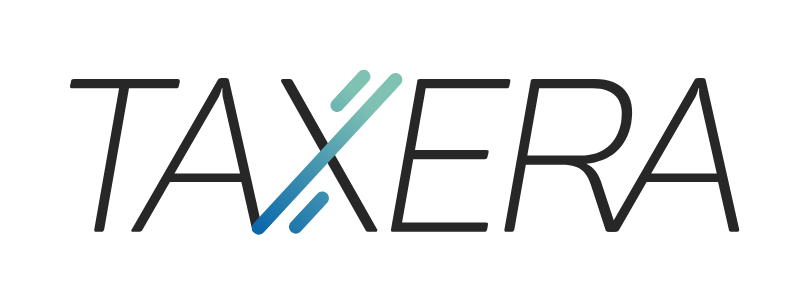The Ministry of Finance has announced that mandatory electronic invoicing for business-to-consumer (B2C) transactions will take effect from January 1, 2025.
Key Highlights:
📅 Timeline and Implementation:
- July 1, 2024: Businesses can start using the RO e-Invoice system for B2C transactions.
- January 1, 2025: Mandatory adoption of the RO e-Invoice system for all businesses issuing consumer invoices.
Minister Marcel Bolos emphasized that this move aligns with EU discussions on standardized electronic invoicing for both B2B and B2C transactions. It is a crucial step in ANAF’s digitalization efforts, ensuring accurate economic operation reporting and bolstering efforts against tax evasion.
Exemptions and Extensions:
- Exemptions: Businesses issuing non-VAT-related invoices, as defined by the Fiscal Code, and entities such as diplomatic missions, EU bodies, and NATO forces (unless they opt into the system).
- Until June 30, 2025: Associations, foundations, and individual farmers under a special regime are exempt but can adopt the system earlier if desired.
🔍 Enforcement Measures:
- Invoice Reporting: If beneficiaries do not receive invoices through the RO eInvoice system for goods or services paid at delivery, they can notify the tax authorities.
- Mandatory Use by Enforcement Bodies: Bailiffs and the National Agency for the Administration of Seized Assets must use the RO eInvoice system when issuing invoices on behalf of suppliers required to report through the system.
🖨️ Updates to Electronic Fiscal Cash Registers:
- GEO No. 28/1999 Amendments:Tax receipts must include the tax identification code instead of the VAT registration code of the beneficiary.Receipts must display the date and time of issuance, receipt identification number, and the fiscal cash register’s tax series in a QR code format, enabling automated data verification.If QR code implementation faces technical challenges, compliance is extended to two years post-ordinance enforcement.
🚫 Excise Duties Exclusion from Budgetary Restructuring:
- Amendment to Government Ordinance No. 6/2019: Excise duties are excluded from the budgetary restructuring procedure, ensuring these taxes, which are levied on consumption and paid by buyers, are declared and paid to the state budget without restructuring, supporting compliant taxpayers.
This summary highlights the Ministry of Finance’s new regulations to enhance transparency and combat tax evasion through mandatory electronic invoicing in Romania.
For deeper insights and support in navigating the Global eInvoicing universe , our expert team stands ready to assist, guiding each step with strategic, data-driven counsel.
Stay compliant and informed! 📝
Taxera Technologies one Platform, Seamless Global Tax Compliance.




